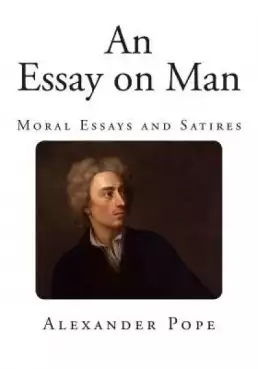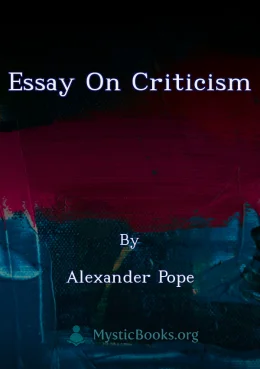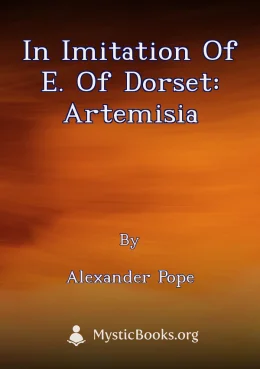
Timeline
Title
Country/Nationality
Alexander Pope
Alexander Pope was a towering figure in English literature, particularly during the 18th century's Augustan Age. Considered one of the greatest poets of his time, Pope excelled in satire and philosophical verse.
Born in London in 1688, Pope's Roman Catholic upbringing limited his formal education. Despite this, he became self-educated through extensive reading, especially poetry. A childhood illness left him physically frail, a fact that would later fuel his satirical barbs.
Pope's precocious talent was evident early on. By his early twenties, he had published his first pastorals, demonstrating his mastery of language. His rise to fame came with the mock-epic poem, "The Rape of the Lock" (1712). This witty social satire, based on a real-life incident, established Pope as a master of the heroic couplet, a rhyming verse form.
Financial security became a necessity for Pope, leading him to undertake the translation of Homer's Iliad. This monumental project, completed in 1720, not only brought him financial independence but also critical acclaim. Pope's translation, while not strictly literal, captured the spirit and essence of the Greek epic for a new audience.
Throughout his career, Pope continued to write satirical and philosophical works. "The Dunciad" (1728) lampooned literary mediocrity, while "An Essay on Man" (1733-34) explored themes of human nature and reason. Pope's sharp wit and elegant verse made him a highly quotable poet, with lines like "To err is human, to forgive, divine" still resonating today.
Despite facing criticism and personal attacks, Pope remained a prolific writer until his death in 1744. Second only to Shakespeare in "The Oxford Dictionary of Quotations," Pope's legacy lies in his masterful use of language, his insightful social commentary, and his enduring contribution to English poetry.
Books by Alexander Pope

The Rape of the Lock
The Rape of the Lock is a mock-heroic narrative poem written by Alexander Pope. One of the most commonly cited examples of high burlesque, it was first published anonymously in Lintot's Miscellaneous Poems and Translations (May 1712) in two cantos (3...

An Essay on Man
An Essay on Man is a poem published by Alexander Pope in 1733–1734. It was dedicated to Henry St John, 1st Viscount Bolingbroke, (pronounced 'Bull-en-brook') hence the opening line: "Awake, St John...". It is an effort to rationalize or rather "vindi...

Ode on Solitude
Pope was a poet and satirist of the Augustan period and one of its greatest artistic exponents. Considered the foremost English poet of the early 18th century, after Shakespeare, he is the second-most quoted author in The Oxford Dictionary of Quotati...

Solitude (Pope)
LibriVox volunteers bring you 17 different recordings of Solitude by Alexander Pope. This was the weekly poetry project for the week of February 17th, 2008.

Essay on Criticism
An Essay on Criticism is a seminal work by Alexander Pope, published in 1711. It is a treatise on the principles of literary criticism, offering guidance to aspiring writers on how to cultivate good taste and judgment. Pope emphasizes the importance...

Epigram, engraved on the Collar of a Dog
Alexander Pope's "Epigram, Engraved on the Collar of a Dog" is a brief, satirical poem written in the form of a couplet. It humorously addresses the nature of a dog's life and the absurdity of human vanity, with a witty twist on the concept of owners...

In Imitation of E. of Dorset: Artemisia
Pope's "In Imitation of E. of Dorset: Artemisia" is a satirical poem that focuses on the life and character of Lady Artemisia, a prominent figure in English society. The poem uses a conversational style to explore themes of love, loss, and the fickle...